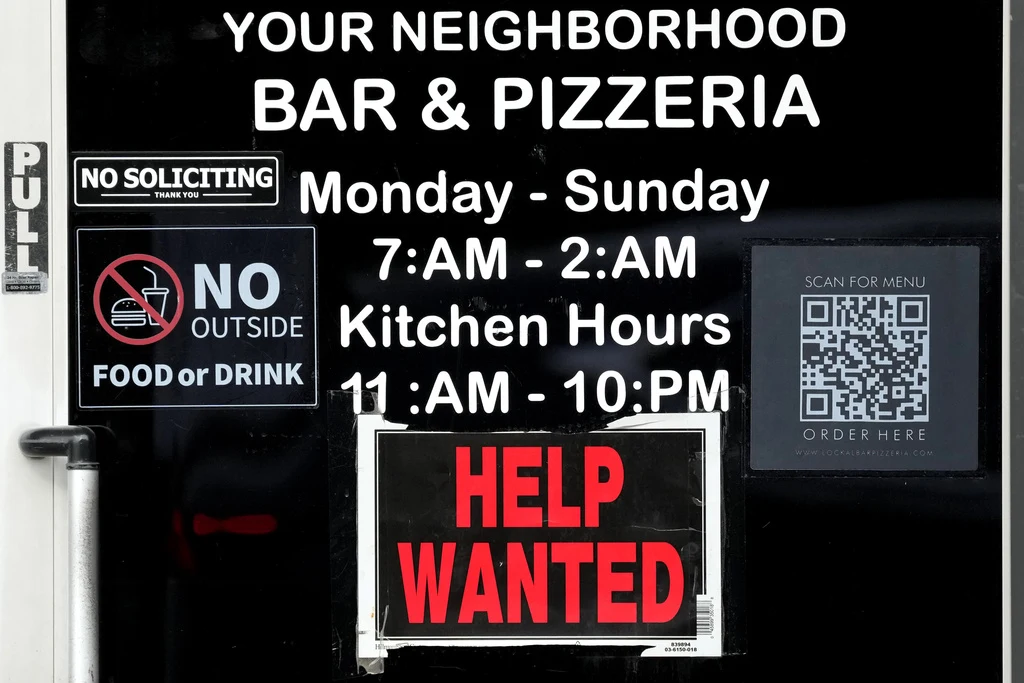William Gross, the first Black commissioner of the Boston Police Department, says he’s feeling “perturbed” that the North End, filled with Italian restaurants, is being singled out with heavy restrictions on outdoor dining.
Gross remembers arriving in Boston from rural Maryland as a youngster with his family in 1975, when forced busing existed in the city and his mother told him where he could go and not go.
But Gross also looks back at how attitudes across the city shifted throughout his 38-year career in the police force, the last 2 ½ in which he served as the department’s first commissioner of color.
That’s why Gross says he’s having a hard time coming to grips with the heavy restrictions the city continues to impose on North End restaurateurs who desire to provide dining al fresco.
“Things have progressed to the point where the places I couldn’t go as a kid I could go to now … because the city progressed — 21st-century policing, 21st-century politics,” Gross said. “It was all about us working together and listening to each other’s voice.”
“Come on, folks,” he continued. “What’s happening now? Now, if I want to take my family to dinner in the North End to eat outside after I go see a sporting event, a concert — yeah, you can go everywhere else but not the North End. Why? Does that make sense?”
The ongoing “war” over outdoor dining in the North End now includes Gross stepping up to the plate for restaurateurs who’ve been battling Mayor Wu and city officials for fair treatment the last three years.
Gross joined Carla Gomes, owner of Terramia Ristorante, and dozens of workers from various restaurants at a rally in the neighborhood Friday afternoon, calling for city officials to meet with the 21 restaurateurs who filed a complaint in federal court in January.
A flier passed around during the rally urges those who disagree with the crackdown on outdoor dining to call the mayor’s 311 “with reservations.” The message will be seen on banners set to go up on Hanover Street Sunday morning.
In 2022, officials forced restaurateurs to pay a $7,500 fee for outdoor dining operations in a shortened season compared to other neighborhoods. In 2023, the city banned on-street dining, limiting the al fresco option to “compliant sidewalk patios,” a restriction which will continue this year.
Out of Boston’s 23 neighborhoods, the North End is the only one to encounter the restrictions against its will.
Restaurateurs amended the complaint last month, adding in losses they anticipate they’ll encounter in 2024, fees they paid in 2022 and lost revenue from 2023.
Gross, during a speech, took aim at how the city has cited congestion as a driver behind the restrictions. He highlighted how the “overwhelming” number of bike and bus lanes limit traffic flow throughout city streets.
“We’re all about common sense. Don’t think we’re blind,” Gross said. “You look all over the city — Newbury Street, Boylston Street, Centre Street JP, West Roxbury; several restaurants (with) outdoor seating. But again, not you, North End, you step back. You think that I haven’t heard that before in history?”
In their suit, restaurateurs provided complaints fielded by the city’s 311 system from other neighborhoods over outdoor dining — Back Bay, South Boston, Roxbury, among others.
A neighborhood association in Back Bay reported in June 2021 that a popular social club “had taken the entire public way for seating space,” which had “force[d] people to walk in the utility strip at the curb to get around it,” the suit states.
A South Boston resident that same summer took issue with a restaurant on West Broadway for making the road “extremely dangerous,” and another nearby eatery creating “insanity on our street,” according to the suit.
Restaurateurs further believe the closure of the Sumner Tunnel and the construction on the North Washington Street bridge — factors the city has cited in its restrictions — did not put a strain on traffic in the neighborhood
In a motion to dismiss the restaurateurs’ complaint, filed earlier this month, Attorney Samantha says the group’s argument is flawed on several fronts, in particular, failing to show how it deserves “any heightened scrutiny.”
Fuchs called the city’s restrictions on the North End “economic policies addressing the unique realities of a geographic area” and the group’s approach an “unduly granular view.”
Those realities, she wrote, include the neighborhood, of 11,000 residents, having the densest concentration of restaurants in the state, with roughly 95 eateries in a third of a square mile. The North End, the city’s oldest neighborhood, is peppered with historic buildings and narrow brick sidewalks.
“The Restaurants ignore the forest for the trees,” Fuchs wrote. “The distinction the City has drawn is based on the neighborhood and its characteristics, and the reality that the operation of restaurants within the public right of way presents different challenges and impacts based on a particular neighborhood.”
Matt Stone/Boston Herald
Carla Gomes and Jorge Mendoza speak during a press conference on outdoor dining in the North End in March. (Matt Stone/Boston Herald)







